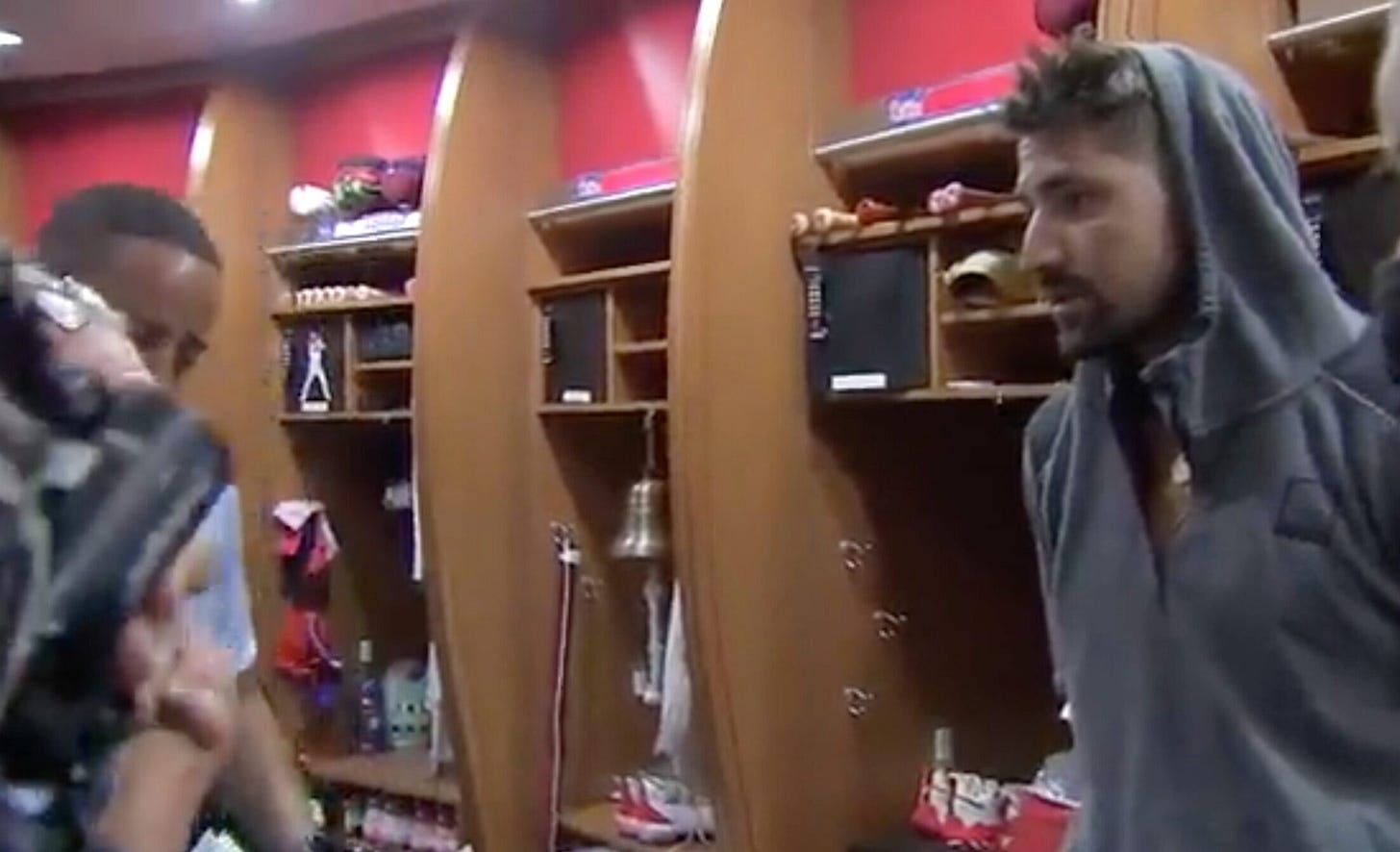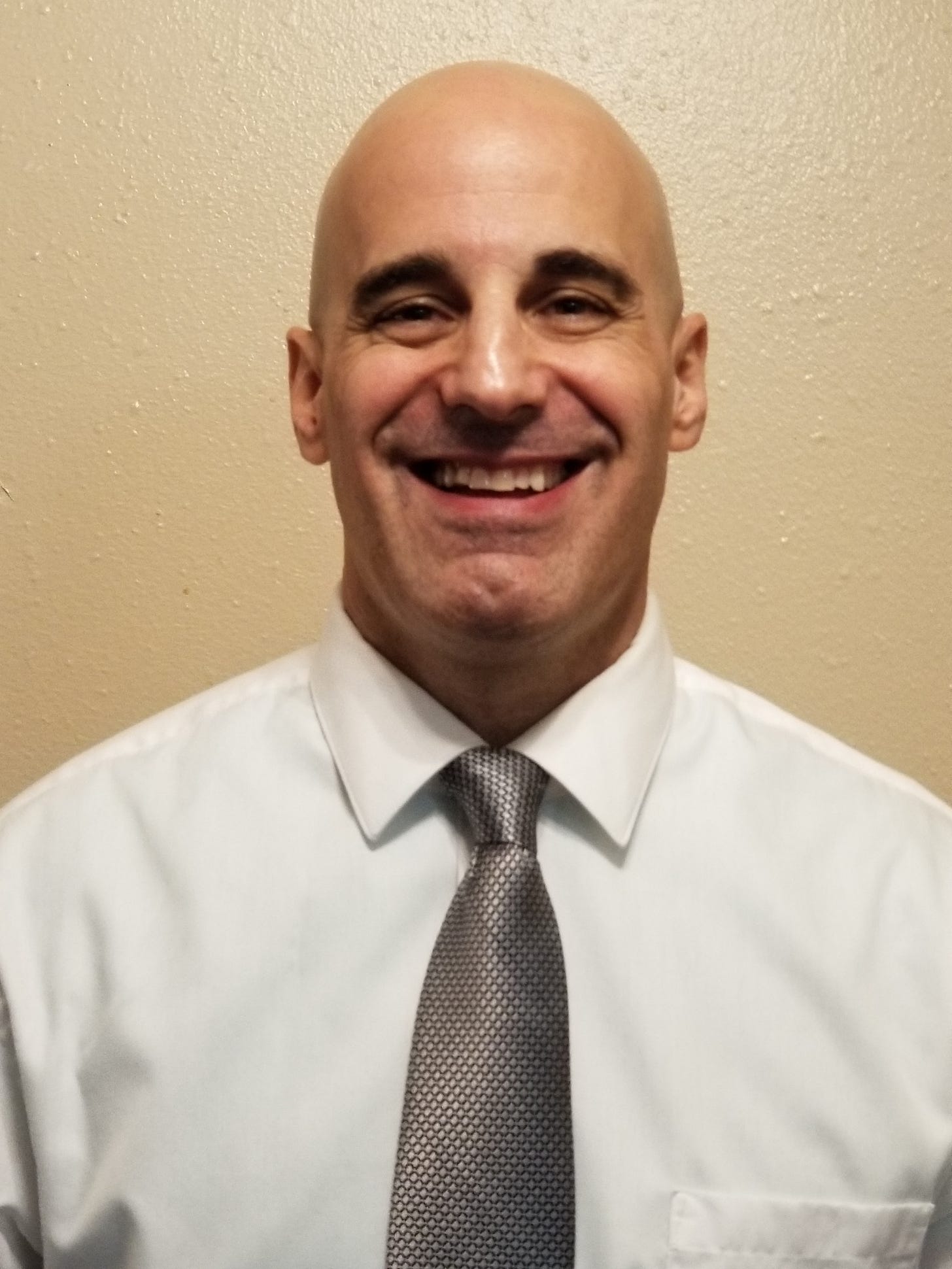Sunday Notes
Being judged more trustworthy, decision-making errors, media interview behavior and much more
Most of us can be stubborn and rigid when we’re convinced we’re correct about a dispute or ongoing conflict. We can trap ourselves in thinking and acting this way occasionally, or most of the time and honestly, our confidence might truly reflect an accurate representation of reality. Yet that’s most certainly not always true. It can’t be.
"If someone is saying, ‘I'm 100% perfect, I'm 100% right all the time,’ that's pretty hard to believe,” says Tim Sharp, Ph.D. “I'd find it hard to trust that person because there's no one I know 100% perfect.
Seems reasonable, no? Now the good news:
”Whereas, someone who says, ‘You know, I'm going to do my best but I'll make mistakes sometimes, I'll get it wrong, I'm sorry, but I'll try to fix it’, to me, that's more believable. I'd be more trusting of that sort of person,” Sharp concludes.
Sounds simple. It isn’t easy for everyone. Yet it is a more reliable, path to improved trust, increased influence, receptiveness to persuasiveness and strong relationship health in our professional and personal lives.
Our minds are powerful computers that can help us successfully navigate life and accomplish necessary and desirable outcomes. Those same minds can prove difficult to manage well and that can prove highly problematic to our well-being and that of others.
What we don’t realize about our thinking habits is surprising. Have you read or heard, for example:
“What the human being is best at doing is interpreting all new information so that their prior conclusions remain intact.”
Warren Buffett
Or this:
In “The Case for Motivated Reasoning,” Ziva Kunda wrote, “we give special weight to information that allows us to come to the conclusion we want to reach.”
“We ignore contradictory evidence because it is so unpalatable for our brains,” writes Shane Parrish, of Farnam Street.
The comments above discovered in Parrish’s newsletter “Sunday Brain Food,” which I highly recommend.
In many circumstances maybe our confidence aligns with facts, evidence and truth. Yet there are also undoubtedly times in our lives where we simply just want to believe what we want to believe regardless of additional information that might communicate our confidence is misplaced. This occurs in our professional and personal lives, and our suboptimal reactions lead us to deceive ourselves and possibly, harm others.
This can lead to a not-so-admirable habit and reputation for engaging in this practice.
Food for thought, no?
Do you speak to the media as part of your work? Have you been asked unwanted and difficult questions? How have you chosen to respond?
If you have a Twitter account, look at this brief video clip of 45 seconds and see if you can recognize how the interview subject (professional athlete Nick Castellanos) was annoyed (hey, it happens) and as the kids say, “chose violence” in his response.
Notice the sarcasm, then an insult directed at the reporter, then mocking the reporter in front of peers (no one takes the bait), before insulting the reporter again and again.
Did reporter Jim Salisbury, a writer for NBC Sports Philadelphia, handle himself well once negativity was directed towards him? No. Should he have shown more poise and professionalism? Yes. Yet reporters are human. They too, like us, have emotions, pride, boundaries and a desire to save face.
Responding in the manner he did to the interview subject did didn’t end well for him, however. As for Castellanos, his behavior might win him some cheers yet it creates a contentious relationship with that particular member of the press, and maybe others.
It’s short-sighted thinking within a media interaction to conduct oneself in this manner, because it carries risk, immediate and longer term.
“A long habit of not thinking a thing wrong gives it a superficial appearance of being right.”
Thomas Paine
Notice the word “habit.” This particular one increases the probability of problems. Our “vision” or interpretation and judgment of what we are seeing, hearing or experiencing has become a virus and corrupt mental file. We just don’t know it.
If we then become indifferent or defensive about it or try to cover it up (that happens too), we put ourselves in potentially dangerous places, professionally and personally.
Interviews of the Week:
1) How Ethical Culture, Risk Management and Performance Successfully Partner, a very smart and deeply insightful conversation with Emily Miner, director of advisory services at LRN. Read the Q&A feature on LinkedIn. Highly recommended.
2) Leaders can Learn, Adjust, Correct and Re-Earn Employee Trust, a bold, interesting and helpful conversation with Julie Titterington the chief culture officer and editor-in-chief at MerchantMaverick.com, with decades-long experience working at the crossroads of HR and workplace culture, and Dr. Craig Beach, founder, psychiatrist, CEO and chief medical officer at Open Mind Health.
Read the five-question Q&A feature on LinkedIn.
Michael Toebe is the creator of Reputation Notes and founder and reputation specialist at Reputation Quality, a practice that serves and helps successful individuals and organizations in further building reputation as an asset and when necessary, ethically and successfully protecting, restoring and reconstructing it.
NOTE: if you would like to be interviewed for the newsletter and can talk about matters of reputation, you can contact me at Michael.Toebe@Reputation-Quality.com.
Reputation Quality: professional opinion, situation consulting, ongoing advisory, communications creation and smarter crisis communications and crisis management.







